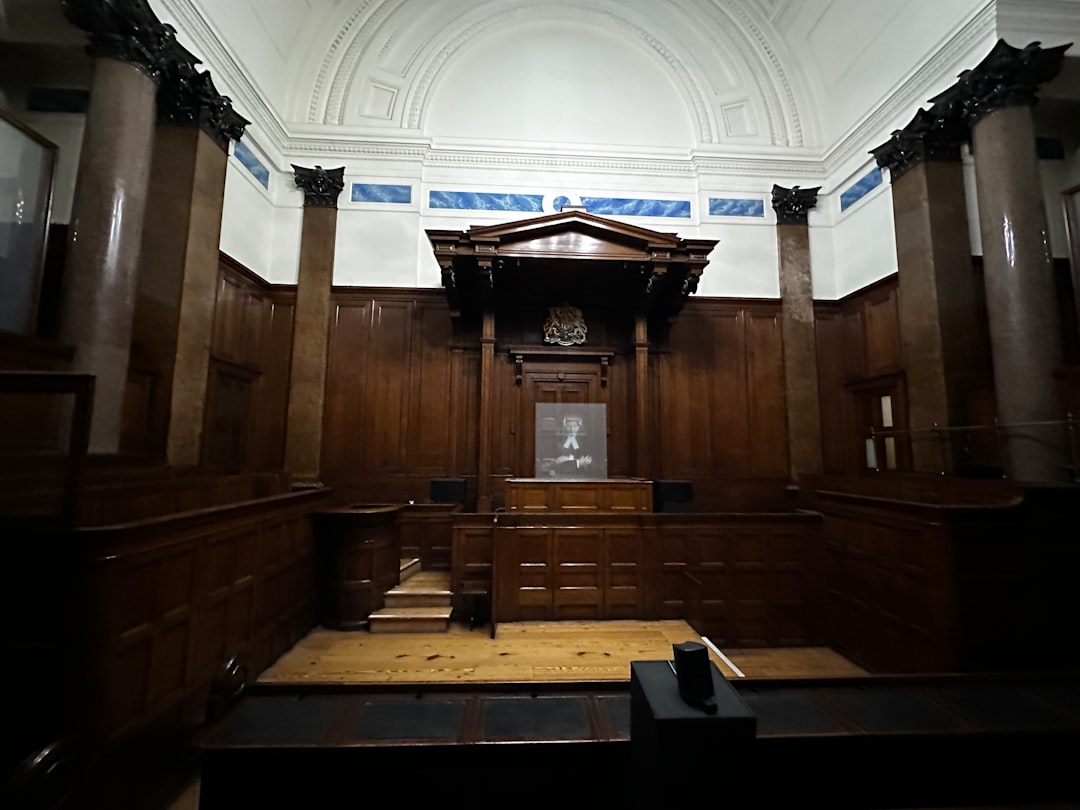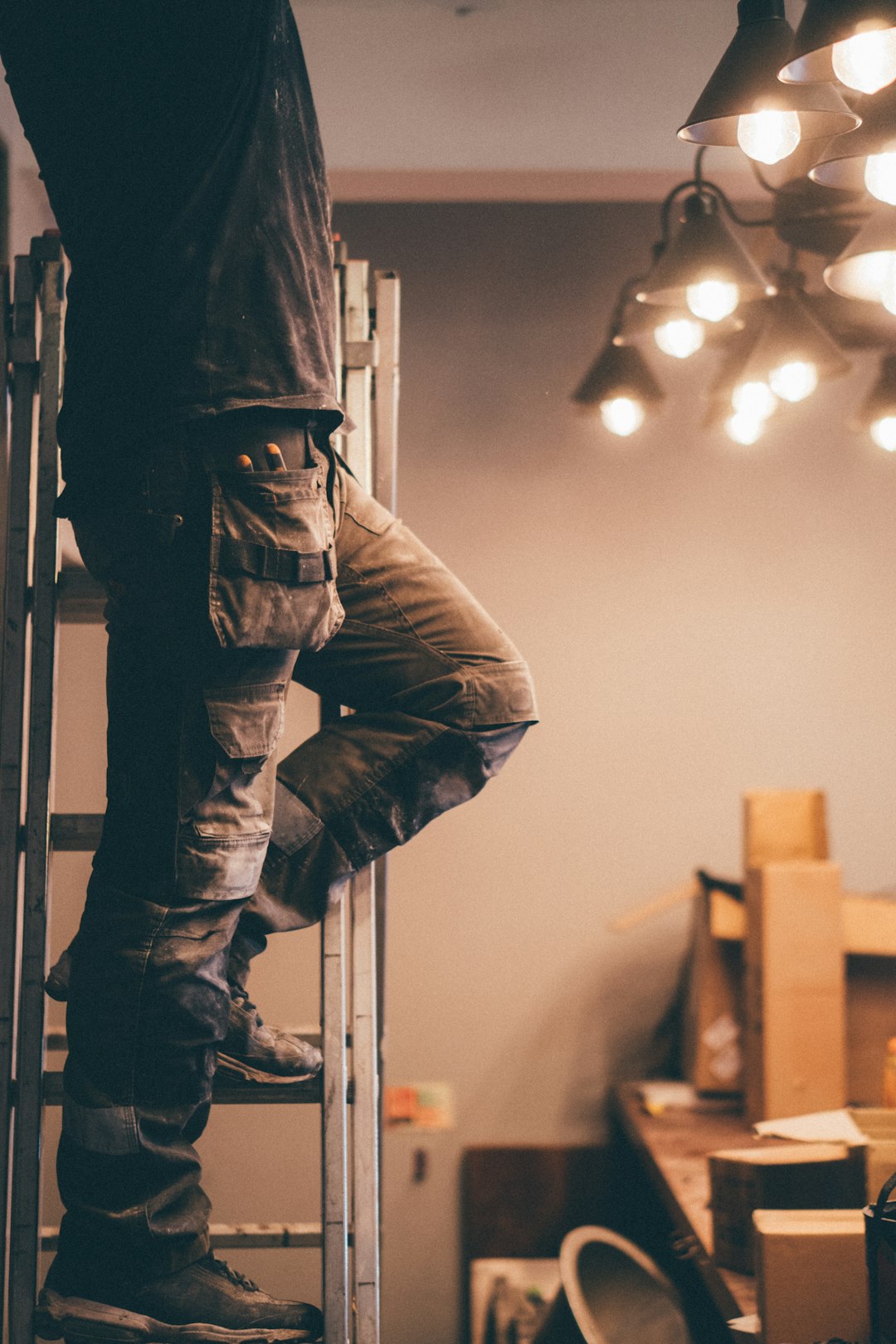Prior to buying a trumpet, its affordability must be considered, such as the buying options and the trumpet brand. Most parents keen on buying trumpets for their children often find themselves facing the dilemma of the route to take – going with a new trumpet or resorting to a used one. Adult musicians or learners also confront similar situations.
Musical instruments don’t come cheap, which is especially true for trumpets. Used trumpets not just lower the overall expense, but also make it possible for a beginner musician to experience a higher-end trumpet, which cannot be afforded if purchased new.
Basics of Trumpet
Trumpets were not originally used as musical instruments. In the olden days, these were used as signaling equipment. Before the introduction of valves, earlier trumpets had shanks and crooks – these tubing sections helped alter the trumpet’s internal length for sound adjustment. The valve trumpet was not widespread until the 20th century.
Used Versus New
Most first-time musicians yearn to experience the feeling of opening a brand new instrument case. The new and shiny instrument’s lure could be difficult to resist, but new isn’t always the right choice for all beginners. This doesn’t imply new trumpets don’t have their positives.
The major issue with purchasing a new trumpet is the steep price. If buying new, one would either pay low for a basic-range trumpet or will have to splurge on a higher variant.
The primary drawback with buying a used trumpet is the obvious traces of the instrument’s history. The physical and functional state of a trumpet invariably depends on how the previous owner(s) took care of the equipment. Learning more about the trumpet in general will help interpret the signs and differentiate the good trumpets from the bad ones.
Used instruments are popular for their inexpensive price tag. People with tight budgets often see much better value in a used instrument. Students or hobbyists are the common used trumpet buyers.
Buying the Trumpet
Being sure of the condition of a trumpet is key before buying the instrument. This means amassing maximum possible information about the trumpet before purchase. A normal visual inspection tells the instrument’s surface-level traits or defects such as dents, chipped finish, corrosion, sticking valves, mouthpiece issues, holes, loose water keys, etc.
When buying a used trumpet, conduct due diligence – find out if it’s a refurbished or reconditioned trumpet. An individual who is well aware of the product he purchases is likely to be a more satisfied buyer compared to an individual who randomly picks up a trumpet and later complains about a specific condition.








